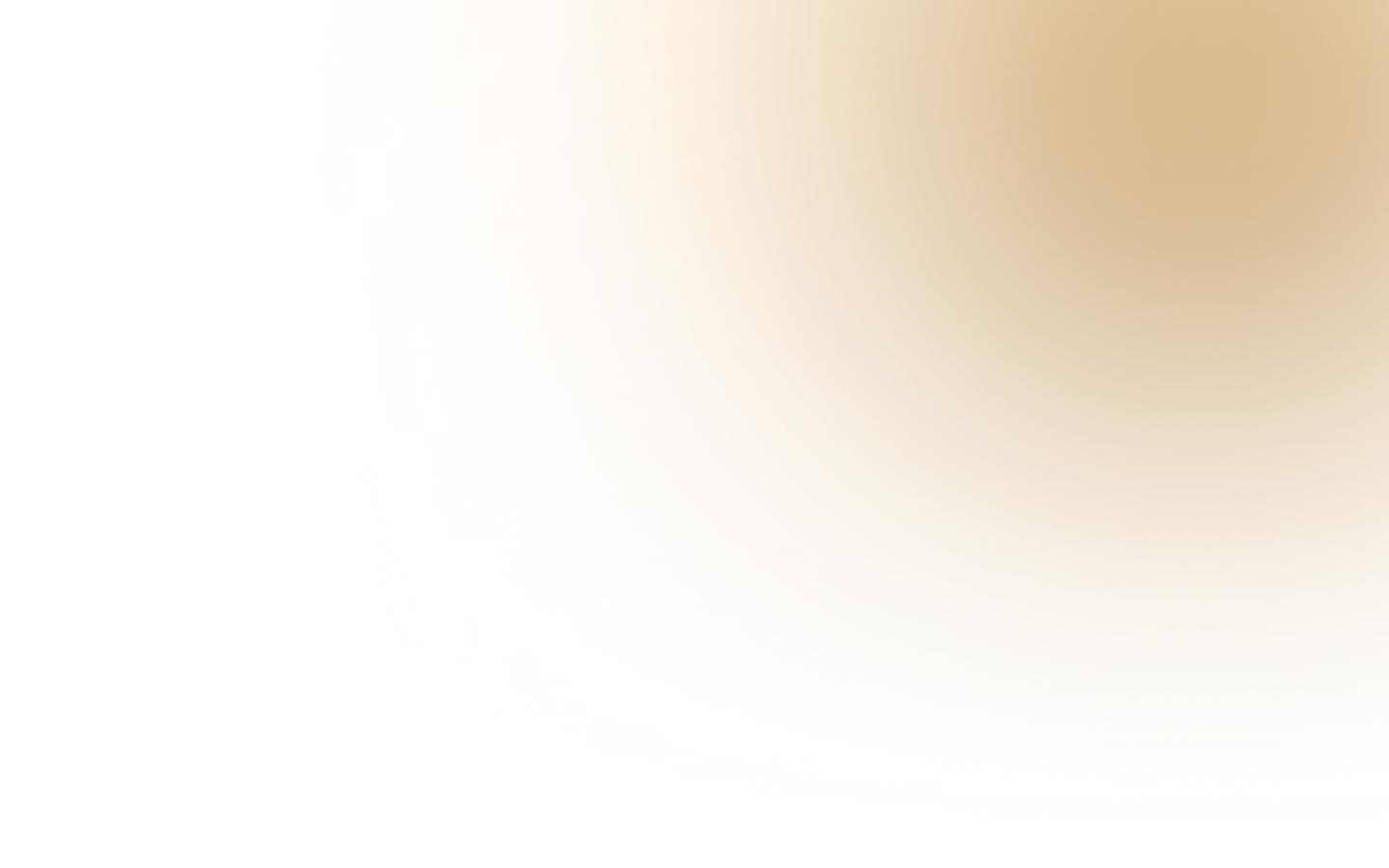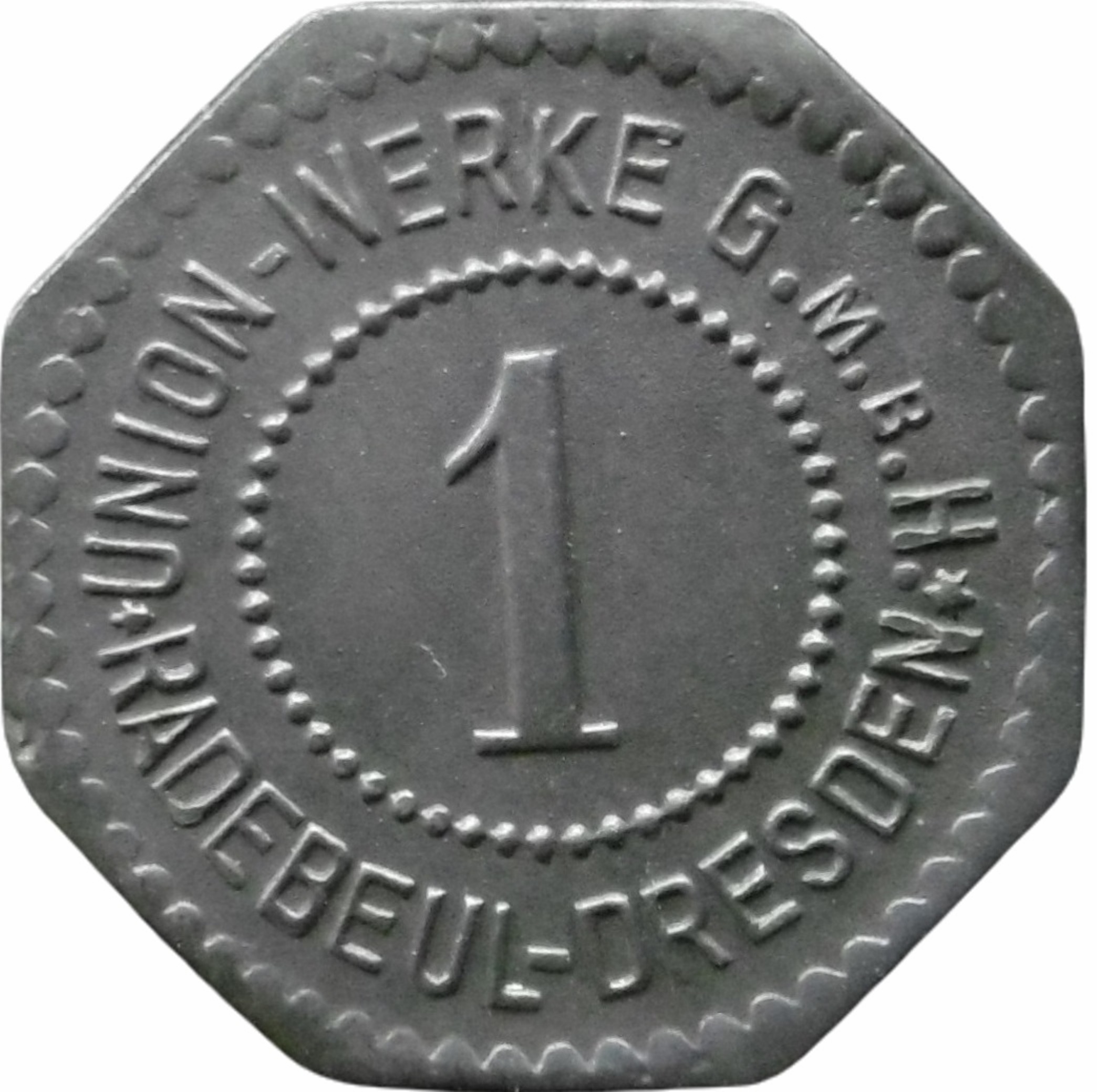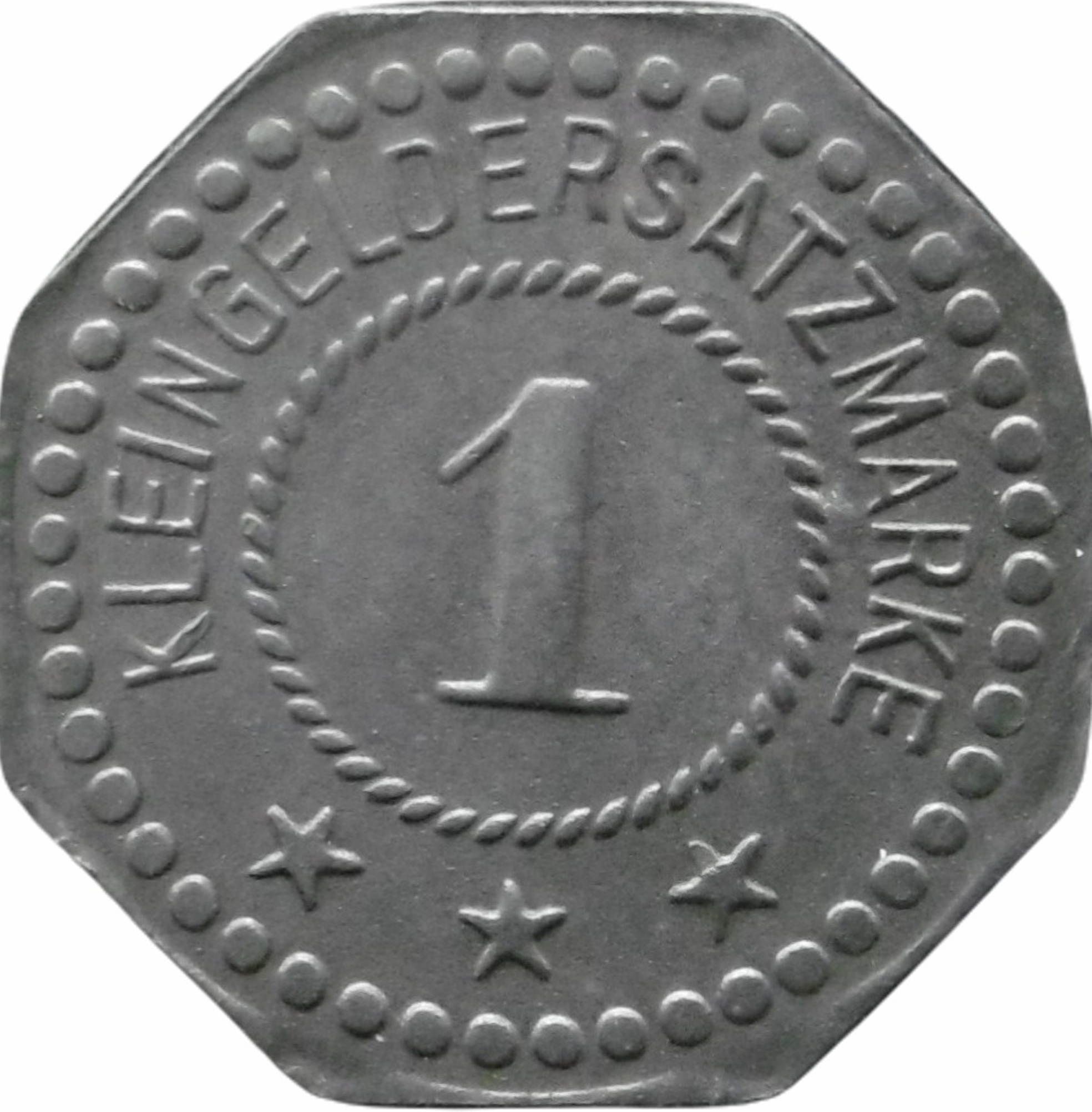

German notgeld 1 Pfennig - Radebeul-Dresden (Union Werke G.M.B.H.)
Posted on: July 17, 2025
keywords: German notgeld, 1 Pfennig - Radebeul-Dresden (Union Werke G.M.B.H.), 1 Pfennig, coin collecting, numismatics, German notgeld
Description:
1 Pfennig 1 Pfennig - Radebeul-Dresden (Union Werke G.M.B.H.) coin from German notgeld. Design, history & value.
- Introduction: The German Notgeld 1 Pfennig Radebeul-Dresden coin holds a significant place in numismatic history. Issued during a time of economic turmoil, this zinc denomination reflects a unique period in German currency production.
- Historical Background: During the early 20th century, Germany faced economic challenges leading to a shortage of small denomination coins. Notgeld, emergency money issued by local authorities, filled this gap. The Radebeul-Dresden region issued the 1 Pfennig coin to facilitate daily transactions amidst financial instability.
- Design Features: The obverse of the coin features a pearl rim with a legend surrounding a beaded circle, where the denomination "1 Pfennig" is centered. The reverse side mirrors this design, showcasing the same intricate details within a circular layout.
- Technical Specifications: This coin has a weight of 0.80g and a diameter of 16.20mm, typical for small denomination coins of this era. Crafted from zinc, the coin's composition reflects the materials available during the economic challenges of the time.
- Collectible Value: The German Notgeld 1 Pfennig Radebeul-Dresden coin carries both historical and collectible significance. Its rarity and unique design make it a sought-after piece among numismatists. While market values may vary, collectors prize this coin for its representation of a specific period in German monetary history.
- Conclusion: In conclusion, the German Notgeld 1 Pfennig Radebeul-Dresden coin stands as a testament to the ingenuity of local authorities during times of economic crisis. Its intricate design and historical context make it a valuable addition to any numismatic collection, offering a glimpse into a challenging yet fascinating period in Germany's numismatic heritage.
Coin Images
 Obverse
Obverse
 Reverse
Reverse

ScanMyCoin: AI Coin Recognition
Professional AI coin recognition and collection management platform. Identify, learn, and track your coin collection with advanced AI technology and a vast.